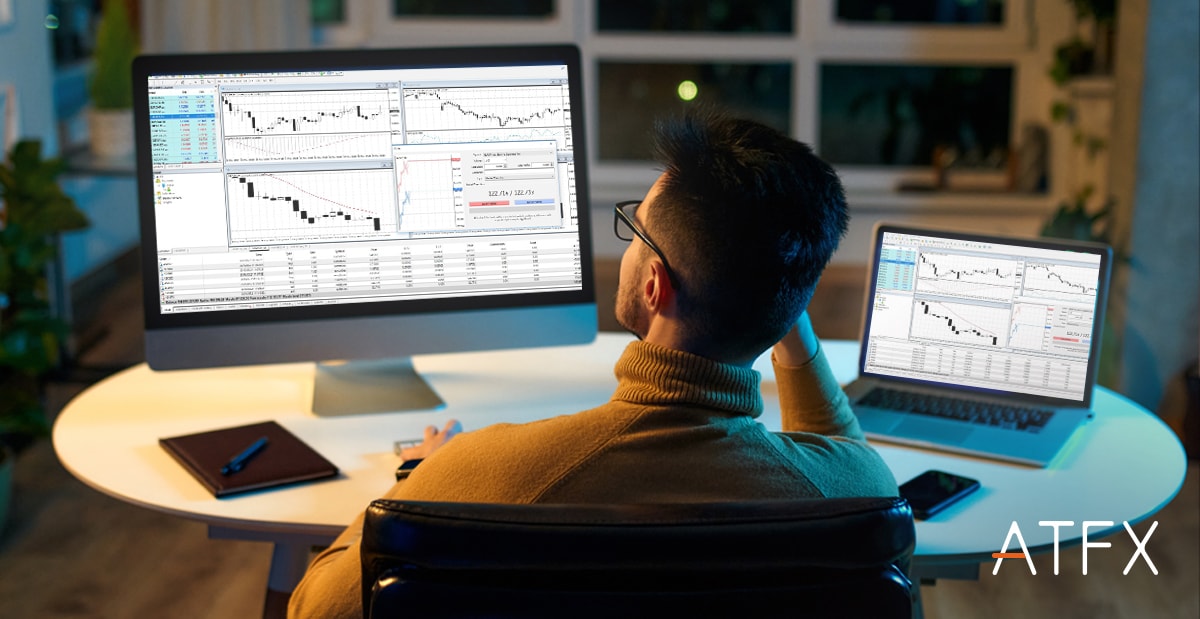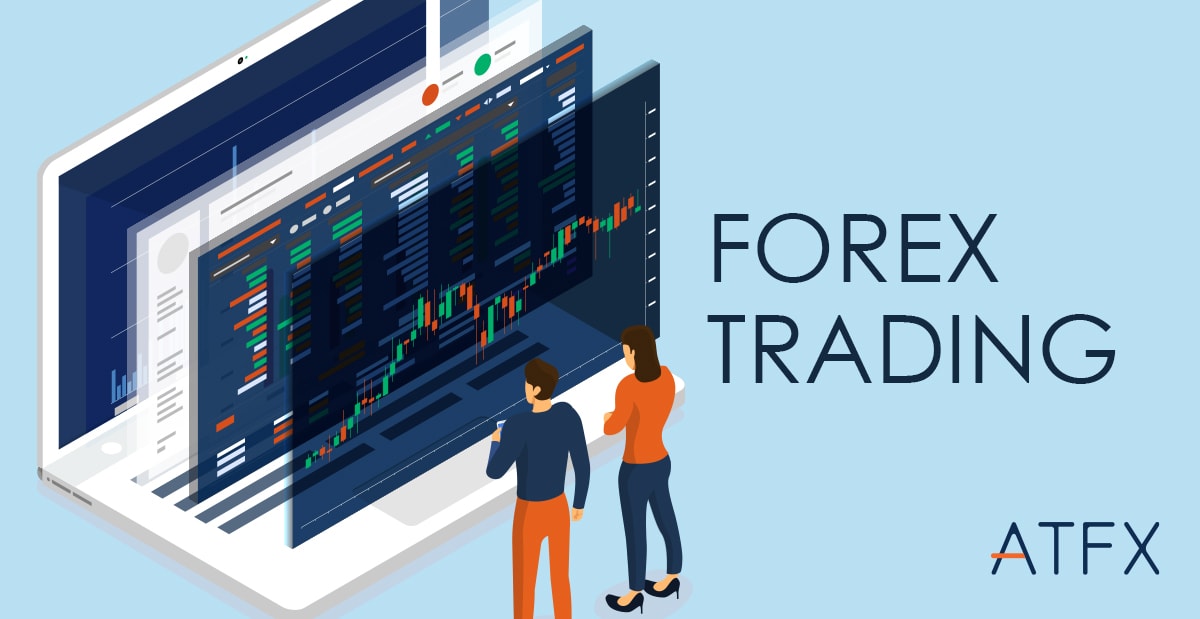Online Trading: A Comprehensive Overview
Introduction
Online trading has emerged as a popular method for individuals to transact financial products through internet-based platforms. In the past, buyers had to contact brokerage firms via phone calls to place orders for stocks. However, with the advent of online trading, brokers have shifted their operations online, providing users with access to a wide range of financial instruments such as stocks, commodities, bonds, ETFs, and futures. This article aims to provide a comprehensive overview of online trading, its advantages, how it works, its history, laws and regulations, and the process of trading online.

Understanding Online Trading
Online trading refers to the process of buying and selling financial products through internet-based platforms. When a user places an order to buy a particular stock on an online platform, the order is saved in the database of the trading member platform and the exchange platform. The price is then matched with the user’s demands, and if it meets the criteria, the order is confirmed by both parties. The transaction is validated, and the broker typically has three days to settle the money, after which the funds are transferred to the user’s account.
Advantages of Online Trading
Online trading platforms have gained popularity due to their numerous advantages over traditional methods of trading. Firstly, they offer convenience as users can open, manage, and close accounts from the comfort of their homes, using devices with internet connectivity. This eliminates the need to physically visit a brokerage firm or bank. Secondly, online platforms enable faster transactions. Users can place orders and execute trades with greater speed, allowing them to take advantage of price movements in real-time. Additionally, online trading platforms offer a wide range of financial products that can be bought and sold online, reducing the need for intermediaries and saving time. Users have access to real money and can analyze and choose from various options of stocks and products available.
The Evolution of Online Trading
The impact of online trading on traditional offline trading has been significant, especially with the evolution of computers and the internet. Online trading has significantly reduced the cost of stocks and various financial products, making it more affordable for traders and investors. By eliminating intermediaries, online platforms have eliminated the additional costs associated with commissions, making trading more accessible to a larger audience. Moreover, online trading is much faster compared to offline trading. Information flows electronically, allowing users to find the price of securities quickly. Price alerts and updates further streamline the process, reducing the processing time for transactions. Furthermore, online trading platforms create a competitive environment among brokers, resulting in offers and discounts for users. These incentives benefit traders and investors, creating a more favorable trading experience.
Online Forex Trading
Among the various assets that can be traded online, Forex trading has gained significant popularity. Forex trading involves buying and selling currency pairs, such as the US dollar against the euro, with the expectation of profiting from price movements. The forex market is the largest financial market, with a daily traded value of approximately 5 trillion dollars. The accessibility of the internet, coupled with the availability of fast 4G and 5G networks, has made the forex market widely accessible to traders worldwide. The low barriers to entry and the potential for daily profits have attracted many individuals to engage in online forex trading.
History of Online Trading
Before the advent of online trading, traders had to rely on brokerage brokers whom they would call to make trades on their behalf. The availability of trading information was limited, and traders had to constantly contact their brokers for updates on price changes. The internet revolutionized the trading industry, making it possible for ordinary individuals to trade the markets. Nowadays, traders have access to real-time information, price changes, and advanced features through online trading platforms. Platforms like MetaTrader 4, once only available on mainframe computers, are now accessible to traders worldwide, allowing them to open, close, and adjust trades anytime and from anywhere.
Laws and Regulations in Online Trading
Online trading, like any other form of trading, is subject to laws and regulations. The fundamental principle of supply and demand underpins all market activity, including foreign exchange trading, contracts for differences (CFDs), and digital currency trading. Various factors such as geopolitical events, economic releases, and government policies influence supply and demand for specific currencies, impacting their prices. It is essential for traders to be aware of these factors and the associated risks when engaging in online trading.
How to Trade Online
The basic principle of online trading is to buy assets at a low price and sell them at a higher price to make a profit. Trading with a forex broker allows individuals to buy and sell various assets, incurring minimal costs and retaining most of the profits. Trading accounts offer the ability to trade stocks, crude oil, gold, forex pairs, and cryptocurrencies. Setting up an account, such as a MetaTrader 4 account or a demo account, provides users with the necessary tools and features to start their trading journey.
Conclusion
Online trading has revolutionized the financial industry by providing individuals with convenient and cost-effective ways to transact financial products. It offers advantages such as convenience, faster transactions, a wide range of available products, and reduced costs. The internet’s widespread adoption, combined with the accessibility of low-cost devices, has made financial markets easily accessible to traders globally. Online trading platforms provide powerful features and tools that enable traders to make informed decisions and execute trades efficiently. However, traders must be aware of the laws and regulations governing online trading and understand the risks associated with market volatility. By understanding the fundamentals of online trading, individuals can engage in this dynamic market and potentially profit from price movements.